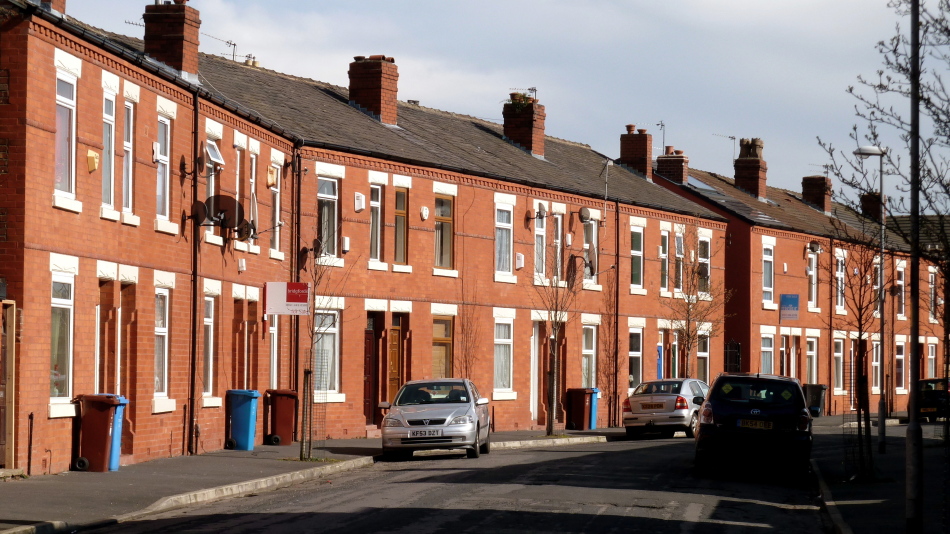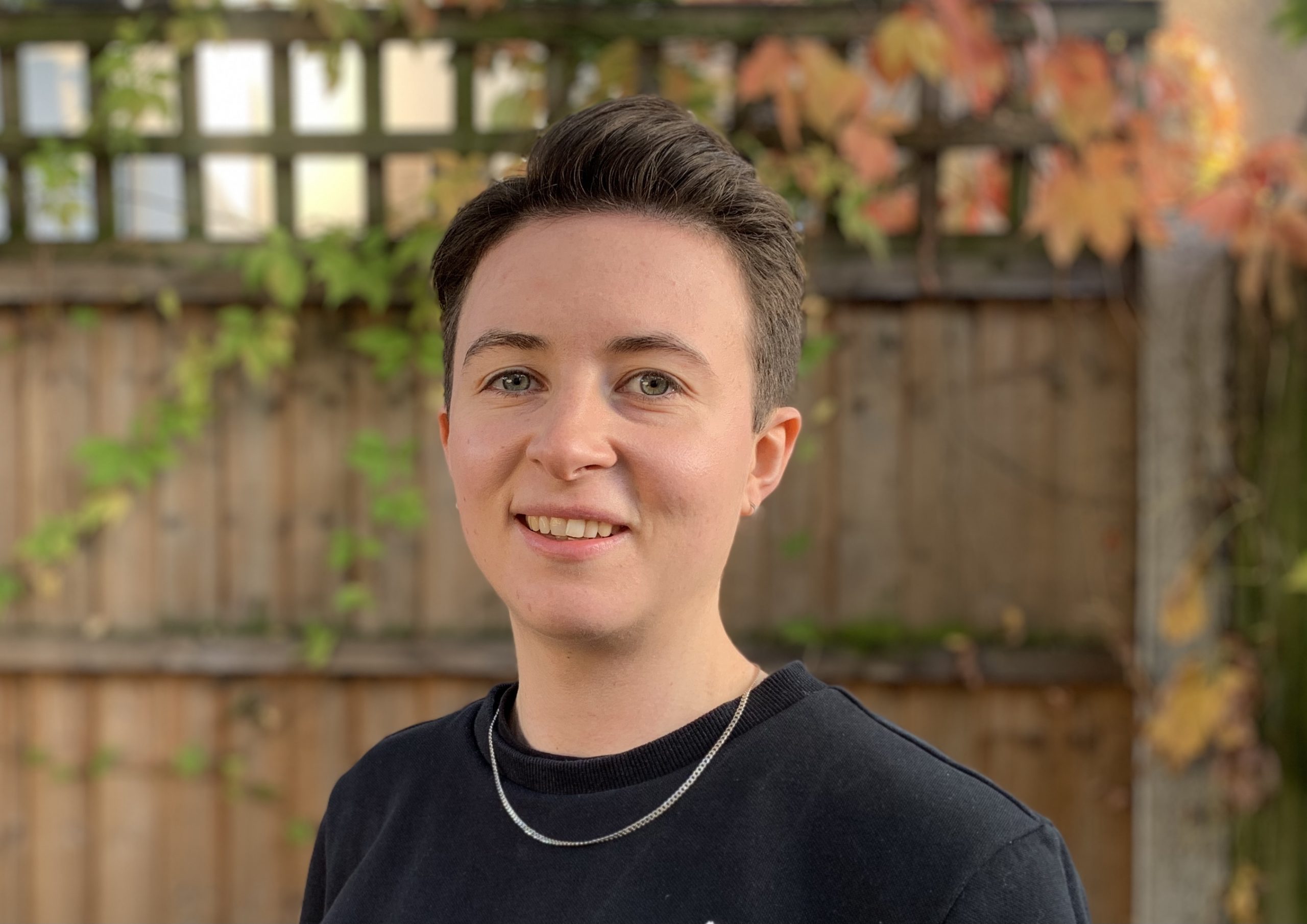Charities are urging politicians to address ‘dangerously high levels’ of inequality which are driving an increase in ‘deaths of despair’, according to an Institute for Fiscal Studies (IFS) report.
The IFS, a UK-based think tank, announced on Tuesday (May 14) that it is conducting a five-year study to understand inequalities in living standards, political participation and health among other factors.
The review – dubbed the “most ambitious study of its kind” – will consider the gulf between the rich and the poor as well as gender, ethnicity, geography and education.
A 34-page introductory report to the review noted that there has been a rise in so-called ‘deaths of despair’ in the UK, which are those from suicide, drug and alcohol overdose, and alcohol-related liver disease.
It also stated that the gap in life expectancy between affluent and deprived areas is widening – with men and women currently living nearly 10 and nine years longer respectively in the richest parts of Britain.
“Deteriorating job prospects, social isolation and relationship breakdown may slowly be taking their toll on people’s mental and physical health,” reads the report.
‘This Is A Political Choice, Inequality Can Be Tackled’

Image credit: Wikimedia Commons
Responding to the announcement of the review, Wanda Wyporska, executive director of The Equality Trust, told RightsInfo that she welcomes “more debate and discussion on the dangerously high levels of inequality in the UK,” which she said are “damaging the very fabric” of society.
“As we know, in countries with high levels of inequality we also see high levels of mental and physical ill health, obesity, infant mortality, drug and alcohol addiction and low levels of social mobility, educational attainment and trust,” added Wyporska.
“As we have been saying for the past ten years, this is a political choice, inequality can be tackled.”
‘Income, Wealth And Health Inequalities Are Not A Natural Phenomenon’

Image credit: Pixabay
Koldo Casla, policy director at Just Fair, echoed Wyporska in saying that inequality is a political choice.
“Growing inequality suggests that public authorities are not making use of all available resources to ensure an adequate standard of living for everyone.
Koldo Casla, policy director at Just Fair
“Income, wealth and health inequalities are not a natural phenomenon,” he told RightsInfo.
“They are the result of specific policies, actions and omissions.
“Growing inequality suggests that public authorities are not making use of all available resources to ensure an adequate standard of living for everyone.
“Only equalising policies can ensure public authorities make use of the maximum of available resources, including through a fairer tax system.”
The IFS report also highlighted the long-term decline in trade union membership, which has been linked to wages stagnation.
The publication went on to outline the steady decline in home ownership for young people aged between 25 and 34, with more than 50 per cent owning a house in 1996 – a figure that had dropped to around 35 percent in 2017.
The report noted that the average CEO pay among FTSE 100 companies was 145 times higher than the salary of the average worker in 2017, up from 47 times in 1998.







